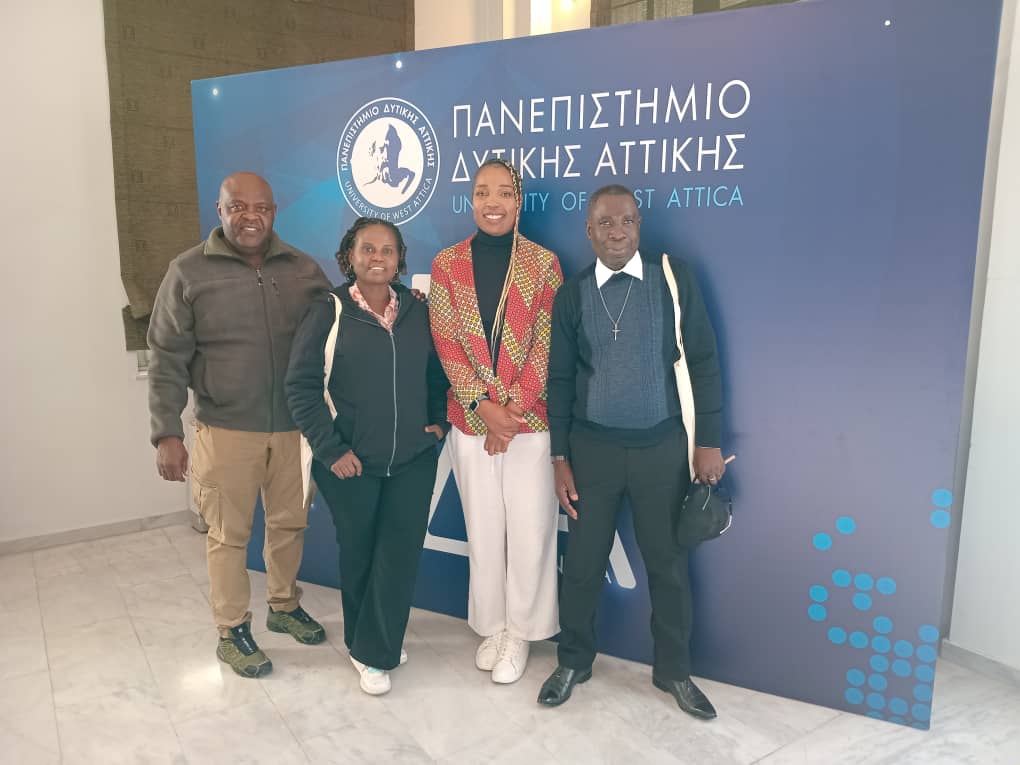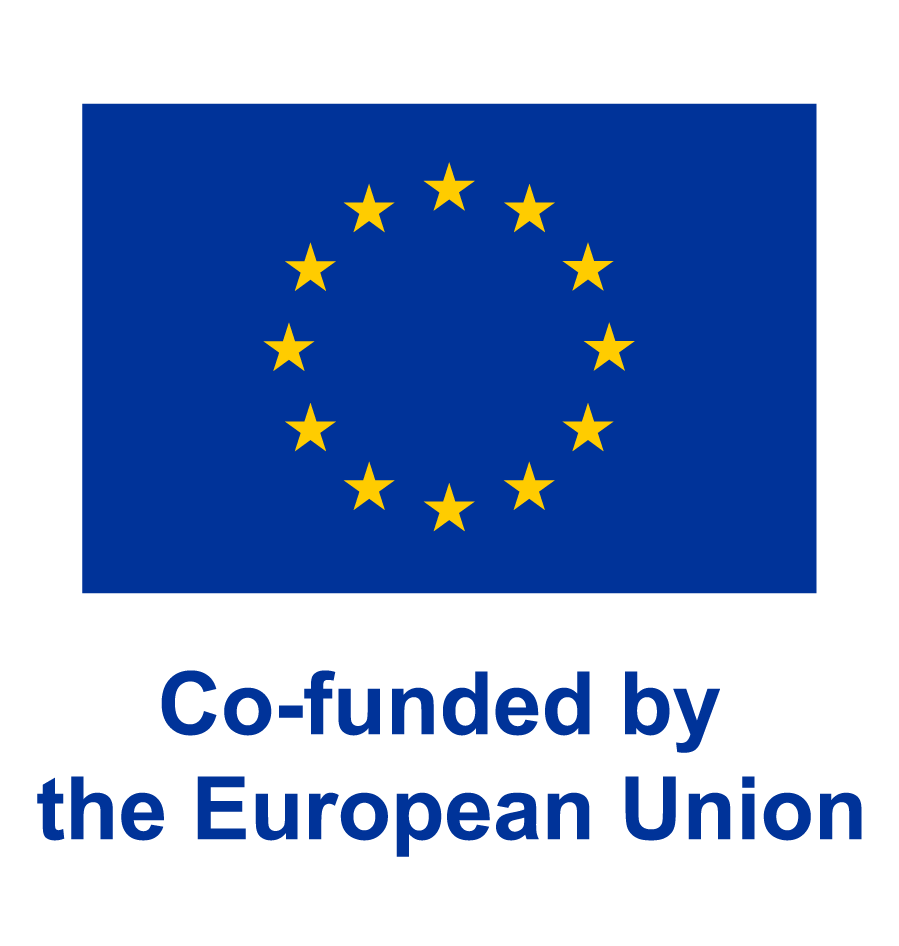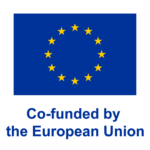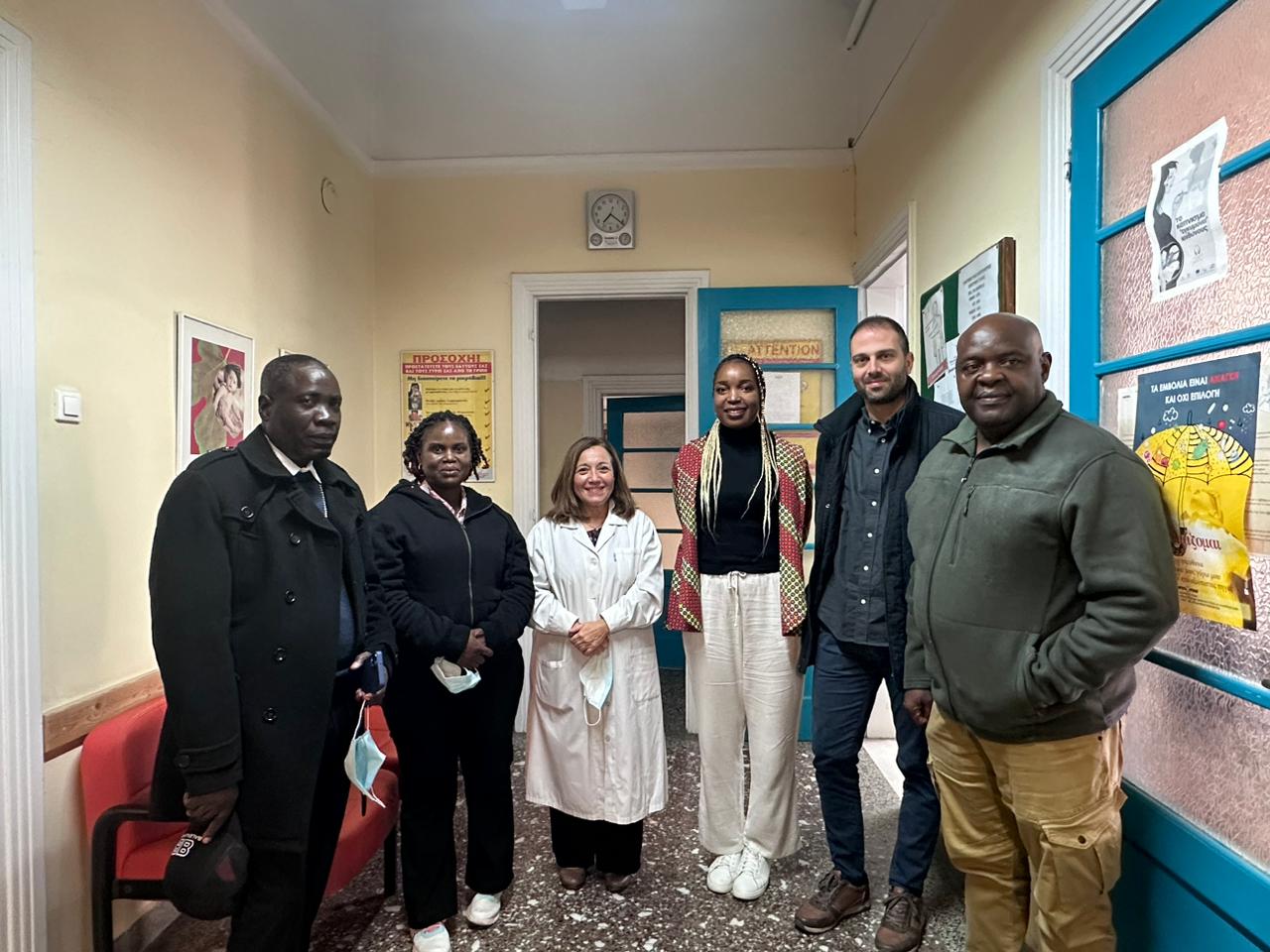The Department of Public and Community Health at the University of West Attica (UNIWA) recently hosted a week-long job shadowing programme in Athens, Greece. This inspiring experience brought together university teachers and healthcare professionals from Namibia, Malawi and Greece to collaborate on advancing maternal mental health through innovative higher education strategies.
Throughout the week, participants engaged in practical and resourceful approaches to education, revealing that powerful learning experiences can emerge even without extensive resources. By focusing on adaptable teaching techniques, peer learning, and interactive workshops, we explored ways to maximise impact despite limited resources. From journal clubs and evidence-based learning sessions to creative pedagogical methods such as art workshops, the programme provided hands-on opportunities to exchange ideas and explore new approaches to education.

A visit to a maternal and children’s community health care setting highlighted the importance of connecting academic learning with real-world implications. This visit allowed participants to observe how such environments can be utilised as dynamic learning spaces where students engage with healthcare professionals and participate in health promotion activities. Training in different community settings is embedded in the curriculum of the Department of Public and Community Health in order to bridge theory and practice.
The experience at the National Archaeological Museum, a unique aspect of the programme, illustrated the power of alternative learning environments and demonstrated how spaces like museums can be transformed into impactful learning environments, showing that education does not always require traditional classrooms or vast resources. This approach served as a powerful reminder that innovation in education can thrive in unexpected places.
Our discussions highlighted the importance of maternal mental health promotion, particularly in resource-limited communities. Participants shared innovative yet resource-conscious approaches for addressing mental health needs, such as community-driven initiatives and simple but motivating educational resources. This collaborative exchange broadened our understanding of the diverse ways in which maternal mental health can be supported and trained across different contexts.
The job shadowing programme concluded with reflections on how innovative teaching and practical solutions can drive meaningful change, even with limited resources. Our experiences reaffirmed that with dedication, creativity, collaboration and teamwork, it is possible to overcome resource constraints and achieve educational goals that make a real difference.
UNIWA team extends heartfelt thanks to all participants and partners for their contributions to this impactful week. Together, we are proving that barriers can be transformed into opportunities for learning and growth in maternal mental health.



No responses yet